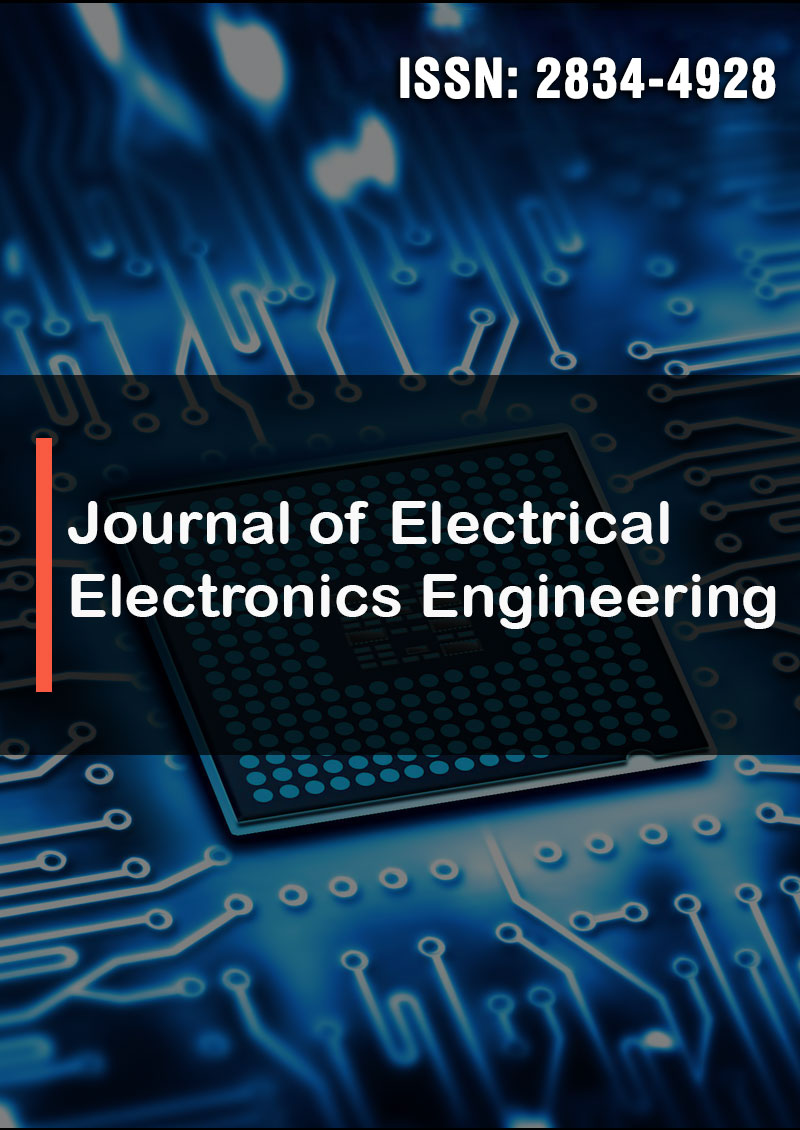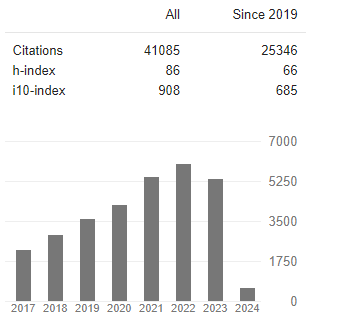Machine Learning Models to Help Classification of Cardiovascular Disease
Abstract
Khaoula Oueldji and Nadir Farah
Electrocardiography (ECG) has become a widely used noninvasive diagnostic tool, increasingly supported by algorithmic analysis. However, progress in automated ECG interpretation faces challenges due to the lack of adequate training datasets and standardized evaluation procedures, which are crucial to ensure comparability of algorithms. In this study, ECG classification models are proposed using the recently published PTB-XL dataset of 12 clinical leads. This research aims to overcome existing limitations by thoroughly investigating the performance of different deep learning-based classification algorithms. Specifically, we investigate the effectiveness of convolutional neural networks (CNNs), deep neural networks (DNNs), long short-term memory (LSTM) and U-net architectures in accurately classifying ECG signals. In addition, we explore the potential of reinforcement learning techniques using classifiers pre-trained on PTB-XL to further improve classification accuracy and robustness. This comprehensive analysis not only underscores the significant potential of deep learning algorithms in ECG analysis, but also highlights the importance of standardized datasets such as PTB-XL in advancing the field. By establishing PTB-XL as a key resource, this study aims to foster collaboration among researchers and encourage further contributions aimed at refining and extending the dataset to better serve the ECG analysis community.




